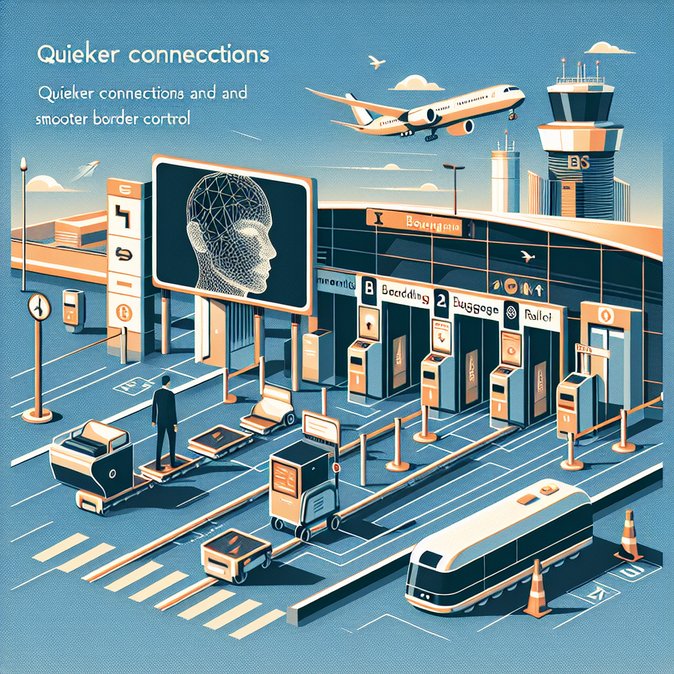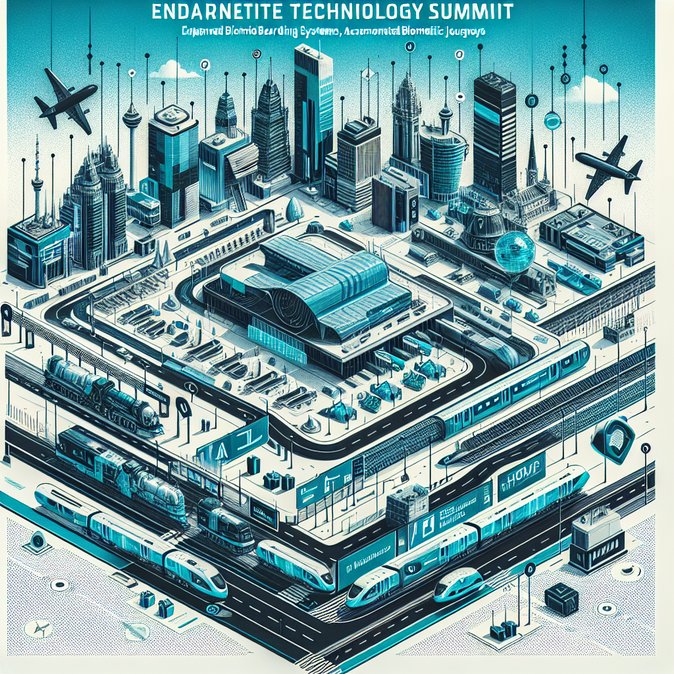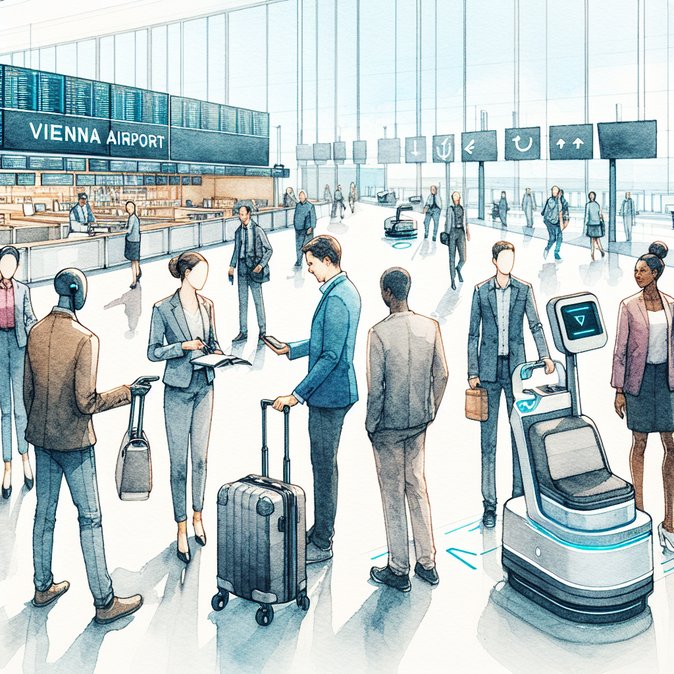
Vienna Airport’s Conference & Innovation Center welcomed delegates on 3 November 2025 for the two-day “New Technologies Summit 2025”, a showcase of biometric ID, autonomous baggage handling and AI-driven border-security solutions. Hosted in Office Park 4, the event gathers airport operators, airlines, start-ups and mobility consultants from more than 25 countries.
Keynote speaker Julian Jäger, joint CEO of Flughafen Wien AG, confirmed that the airport will expand Star Alliance Biometrics to all Schengen departures by Q2 2026, eliminating document checks at security for registered travellers. The Interior Ministry is reportedly evaluating integration with the EU Entry/Exit System so that third-country nationals can clear both EES and boarding gates with a single facial scan.
![Vienna Airport opens New Technologies Summit focused on seamless passenger mobility]()
Austrian Airlines unveiled a proof-of-concept for “bag-on-rails”, an autonomous cart network that moves luggage from check-in to aircraft with 50 percent fewer staff touches—technology that could reduce minimum connection times and benefit tight corporate itineraries. Meanwhile, start-up Rail-&-Fly Mobile announced a pilot linking ÖBB train tickets to boarding passes, creating a door-to-gate biometric journey from Salzburg Hauptbahnhof to Vienna Airport.
For global mobility professionals, the summit’s announcements translate into faster transfers for short-stay business travellers and potentially lower missed-connection costs. Travel-policy teams should monitor privacy-consent requirements: biometric enrollment currently relies on voluntary (opt-in) data sharing through the Star Alliance or Austrian Airlines apps, which may require updates to company data-protection notices.
Flughafen Wien plans to publish a post-summit white paper summarising best practices in digital identity. Participants can access presentations through the airport’s innovation portal later this month.
Keynote speaker Julian Jäger, joint CEO of Flughafen Wien AG, confirmed that the airport will expand Star Alliance Biometrics to all Schengen departures by Q2 2026, eliminating document checks at security for registered travellers. The Interior Ministry is reportedly evaluating integration with the EU Entry/Exit System so that third-country nationals can clear both EES and boarding gates with a single facial scan.

Austrian Airlines unveiled a proof-of-concept for “bag-on-rails”, an autonomous cart network that moves luggage from check-in to aircraft with 50 percent fewer staff touches—technology that could reduce minimum connection times and benefit tight corporate itineraries. Meanwhile, start-up Rail-&-Fly Mobile announced a pilot linking ÖBB train tickets to boarding passes, creating a door-to-gate biometric journey from Salzburg Hauptbahnhof to Vienna Airport.
For global mobility professionals, the summit’s announcements translate into faster transfers for short-stay business travellers and potentially lower missed-connection costs. Travel-policy teams should monitor privacy-consent requirements: biometric enrollment currently relies on voluntary (opt-in) data sharing through the Star Alliance or Austrian Airlines apps, which may require updates to company data-protection notices.
Flughafen Wien plans to publish a post-summit white paper summarising best practices in digital identity. Participants can access presentations through the airport’s innovation portal later this month.








